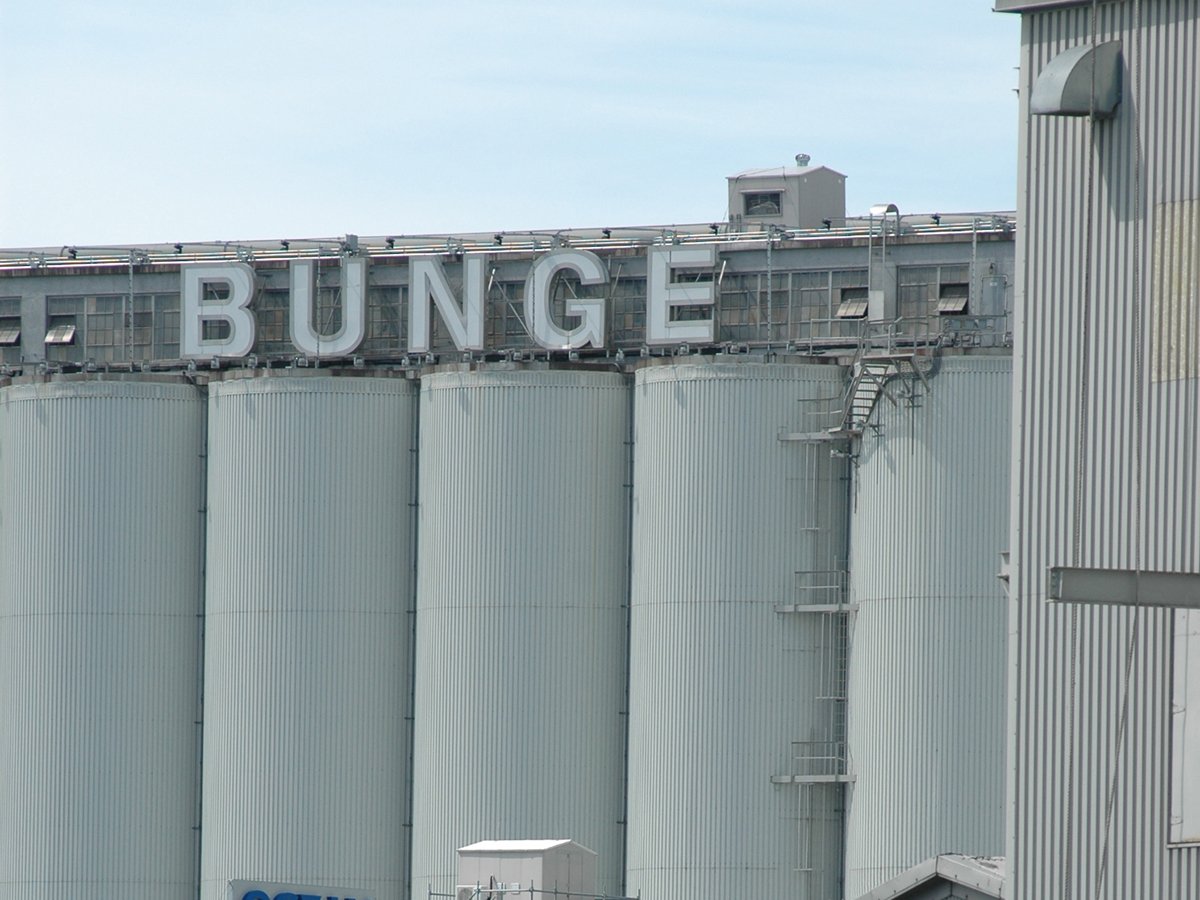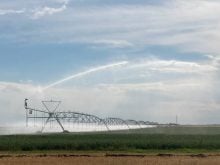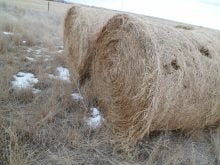Farm organizations and those who lead them often find themselves under fire from farmers for their perceived failures – too ineffective, too close to power or not forceful in defending farmers.
They sometimes find themselves under fire from politicians or bureaucrats for being too aggressive and refusing to take no (or sometimes yes) for an answer.
Yet for all the criticism of their effectiveness, deserved or not, there is one thing many farm organizations do well: provide leaders and activists with the skills necessary to move their political game to a higher level.
Read Also

Bunge surpasses quarterly profit estimates
U.S. grain trader and processor Bunge Global recently reported a smaller-than-expected drop in second-quarter profit on improved oilseed processing margins.
The 2011 election campaign provides ample evidence. Among candidates running for office, at least six are graduates of farm organization political boot camps, the majority of them already successful at winning a seat in the House of Commons.
No other lobby sector that comes easily to mind can claim that success rate in preparing members to be competitive in the bigger political leagues.
Throughout Canadian history, prominent farm leaders have moved seamlessly into prominent political positions.
W.R. Motherwell, Saskatchewan’s first agriculture minister and later a longtime federal agriculture minister through the 1920s, cut his political teeth as the Territorial Grain Growers Association’s first president.
Jimmy Gardiner, a former Saskatchewan premier and Canada’s longest-serving agriculture minister, began in the prairie farm movement.
Ontario premier Mitch Hepburn (1934-42) came out of the United Farmers of Ontario organization.
In more recent times, agriculture minister John Wise was a product of local Elgin County politics in Ontario and Dairy Farmers of Ontario.
Manitoba’s Charlie Mayer, agriculture minister under Brian Mulroney and Kim Campbell, came out of the Manitoba Cattle Producers Association. Yvan Loubier, who worked for Quebec’s farm political machine l’Union des Producteurs Agricoles, became a prominent Bloc Québécois MP after 1993. And so it goes.
Manitoba MP and Selkirk-Interlake candidate James Bezan is, like Mayer, a product of the MCPA.
That gets us to the rest of the current crop of farm politicians turned federal politicians. The trend recently has been to see players move into the federal scene not from general consensus- seeking farm organizations, as in the past, but from more ideologically sharp organizations.
Two candidates in 2011 trying to reclaim House of Commons seats they already have won are Ted Menzies in Alberta and Randy Hoback from Saskatchewan, both former leaders of the Western Canadian Wheat Growers Association.
But by the numbers, the best farm organization training school for federal politicians is the National Farmers Union.
In this election, three former NFU luminaries are running – former president and longtime Liberal MP Wayne Easter in Prince Edward Island, former president and NDP candidate Nettie Wiebe in Saskatoon and former Ontario co-ordinator Grant Robertson as an NDP candidate in Ontario’s Huron Bruce.
Perhaps the original example was former Saskatchewan Farmers Union president Alf Gleave, who spent six years as an NDP MP.
Gleave once explained the transition from SFU/NFU politics to the federal party scene: “That crowd always taughtyou to go into the corners with your elbows up.”














